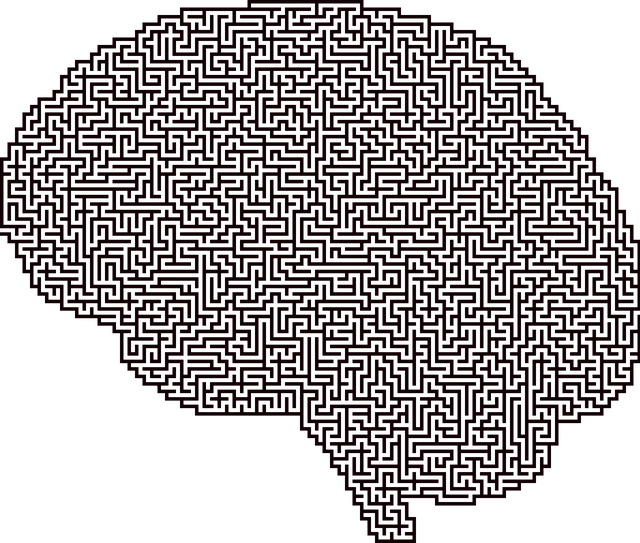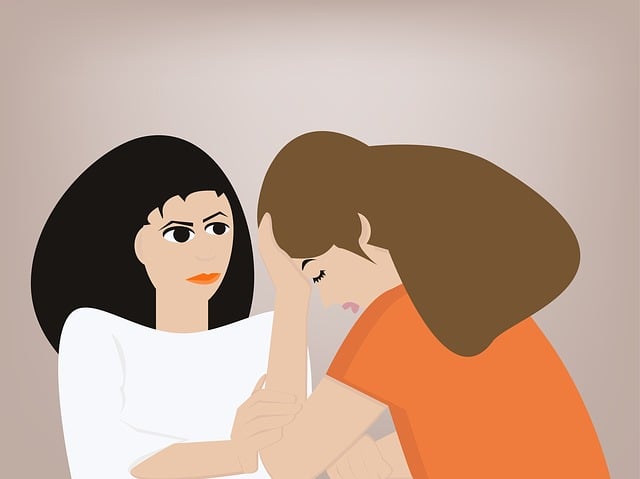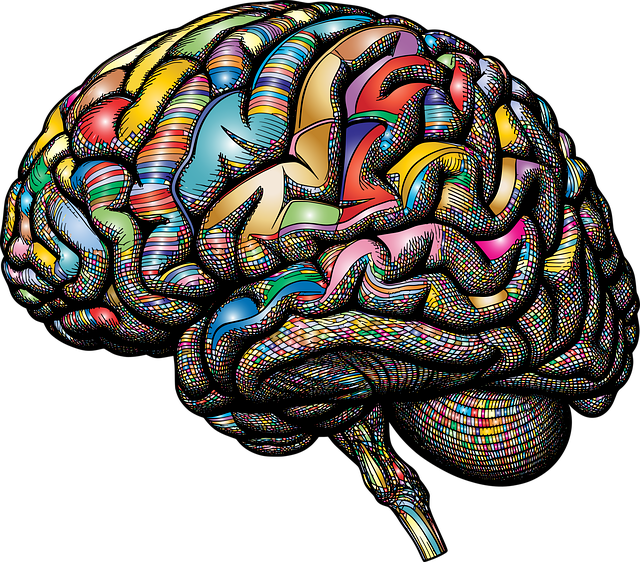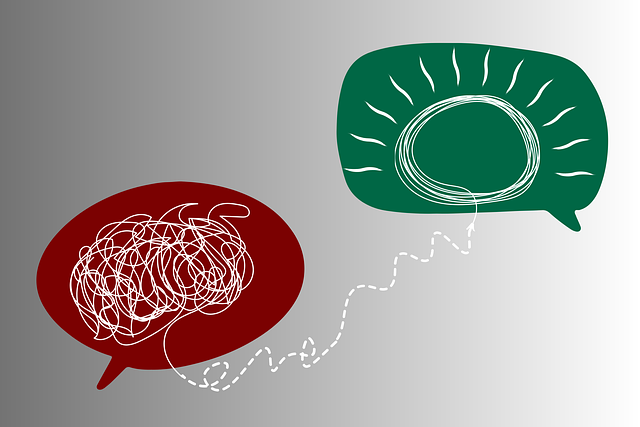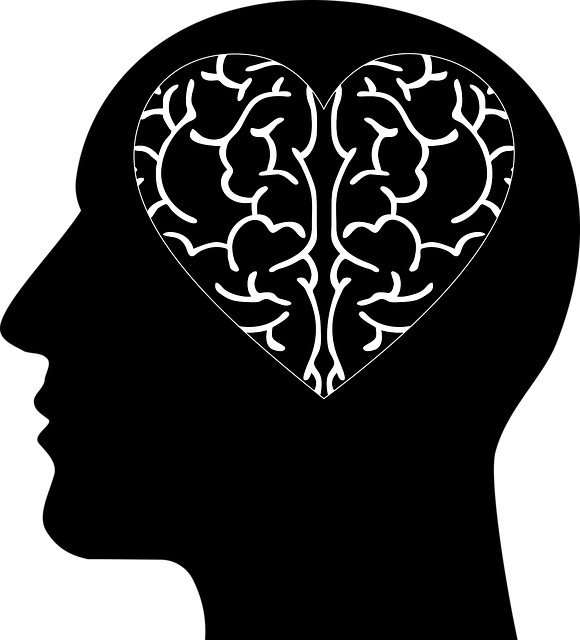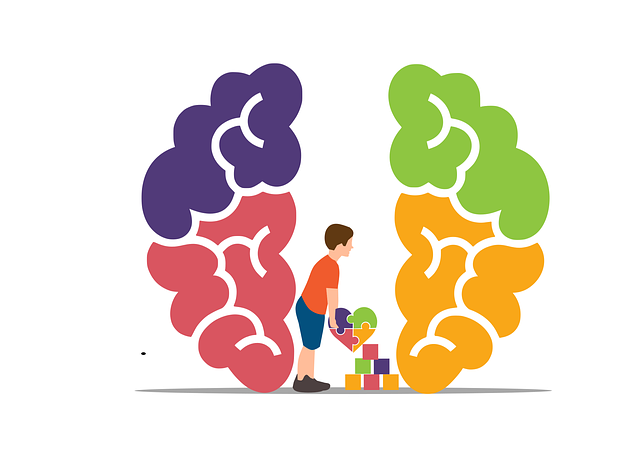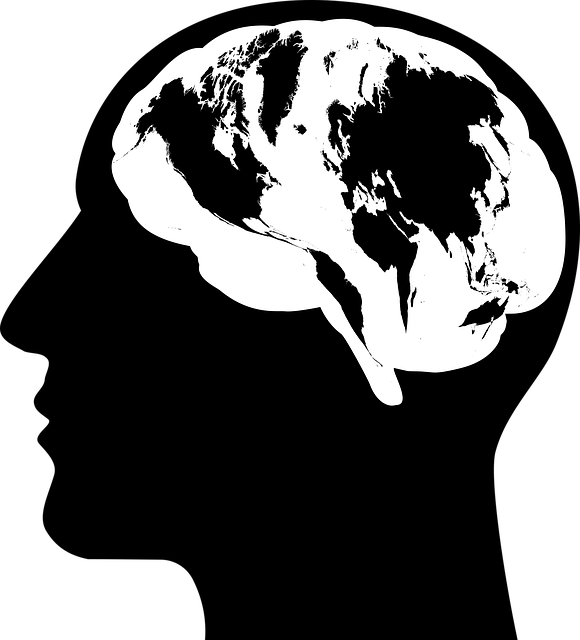Timely recognition of Elderly Oppositional Defiance Disorder (ODD) symptoms is vital for crisis intervention success. Effective strategies include emotional intelligence-based therapy, cognitive behavioral therapy (CBT), group sessions, and stress management techniques, empowering elders to develop healthy coping mechanisms. Public awareness campaigns and community outreach programs, coupled with specialized services, can improve elderly ODD patients' well-being and quality of life by fostering understanding, empathy, and confidence in their ability to manage symptoms.
“Elderly Oppositional Defiance Disorder (ODD) presents unique challenges, often leading to crises that require immediate and effective intervention. This article guides readers through crucial strategies to recognize and manage ODD in elderly individuals. We delve into the signs and symptoms, offering practical crisis intervention techniques for supportive care. Additionally, we explore therapeutic approaches tailored for clinical settings, emphasizing the importance of specialized therapy for elders with ODD. By understanding these strategies, caregivers can enhance quality of life and promote positive outcomes.”
- Recognizing the Signs and Symptoms of Elderly Oppositional Defiance Disorder
- Crisis Intervention Strategies for Effective Support
- Therapeutic Approaches for Managing Elderly ODD in Clinical Settings
Recognizing the Signs and Symptoms of Elderly Oppositional Defiance Disorder

Recognizing the signs of Elderly Oppositional Defiance Disorder (ODD) is crucial for providing timely and effective crisis intervention. As individuals age, changes in behavior can often indicate underlying mental health issues, particularly ODD. Common symptoms include frequent arguments with caregivers or authority figures, a defiant attitude, and stubbornness. Elders with ODD may express their resistance through verbal aggression, refusal to follow rules, or even physical confrontations. It’s essential for family members, caregivers, and healthcare professionals to be vigilant in observing these signs, as early detection can significantly impact the success of treatment.
The development of public awareness campaigns and community outreach programs can play a pivotal role in addressing ODD among the elderly. Educating both the general public and caregiving networks about recognizing the condition is essential. These initiatives can promote understanding, foster empathy, and encourage early intervention. Additionally, implementing confidence-boosting strategies within these programs can empower elders, helping them navigate daily challenges with greater ease. By combining increased awareness, community support, and targeted therapy for elders with ODD, it becomes possible to enhance their overall well-being and quality of life.
Crisis Intervention Strategies for Effective Support

Effective crisis intervention strategies are crucial when supporting elders with Oppositional Defiance Disorder (ODD). In the context of therapy for elders with ODD, emotional intelligence plays a pivotal role in understanding and responding to their unique challenges. Therapists must cultivate empathy and self-awareness to recognize underlying causes of defiant behavior, which often stem from unmet needs or distressing life events.
Social skills training and stress management workshops can be valuable tools within this framework. By participating in structured activities, elders can learn healthy coping mechanisms, improve communication strategies, and enhance their problem-solving abilities. These interventions not only empower individuals to manage crises more effectively but also foster a sense of agency and resilience. Additionally, incorporating evidence-based practices tailored to older adults’ specific needs ensures comprehensive care that addresses both the disorder’s symptoms and any comorbid conditions.
Therapeutic Approaches for Managing Elderly ODD in Clinical Settings

Managing Elderly Oppositional Defiance Disorder (ODD) in clinical settings requires a nuanced therapeutic approach that considers the unique needs and challenges of aging individuals. Therapy for elders with ODD should focus on both behavioral and cognitive interventions, tailored to address underlying emotional dysregulations and improve their overall emotional well-being promotion techniques. Mental health policy analysis and advocacy play a crucial role in ensuring access to specialized services, as elderly patients may face barriers due to systemic issues or limited resources.
Cognitive Behavioral Therapy (CBT) has proven effective in treating ODD by teaching individuals coping strategies, improving impulse control, and enhancing problem-solving skills. Additionally, group therapy sessions can foster social connection and provide a supportive environment for emotional expression. Incorporating anxiety relief techniques into the therapeutic regimen is essential, as comorbid anxiety disorders are prevalent among elderly patients with ODD. Through personalized treatment plans that integrate these approaches, healthcare professionals can significantly contribute to the improved mental health outcomes of their elder patients.
In conclusion, understanding and addressing Elderly Oppositional Defiance Disorder (ODD) is paramount for ensuring quality of life and well-being among seniors. By recognizing the signs and symptoms, implementing effective crisis intervention strategies, and adopting tailored therapeutic approaches in clinical settings, care providers can significantly improve outcomes for those affected by this condition. Effective therapy for elders with ODD not only enhances their immediate support but also fosters a more positive and engaging future.
